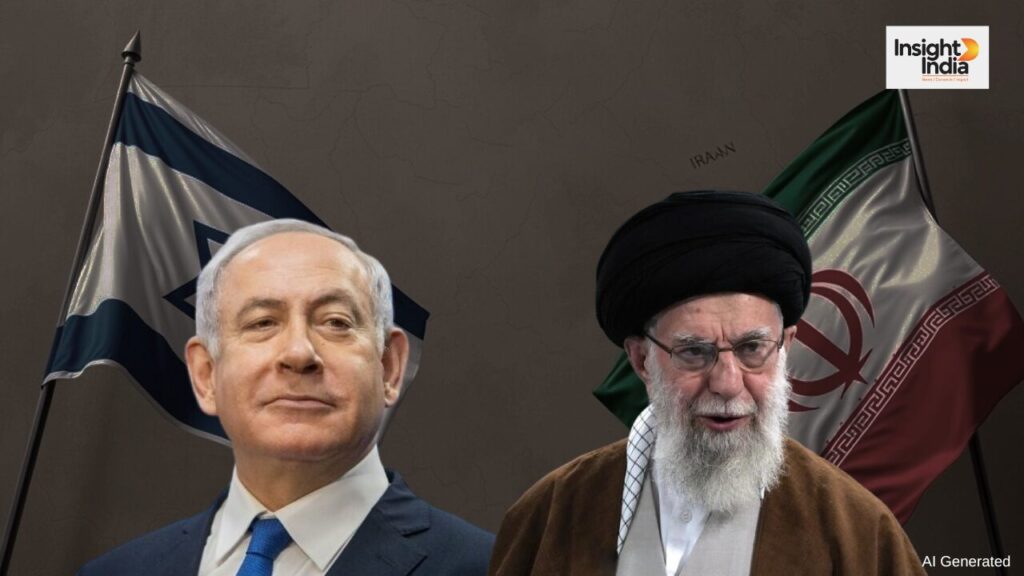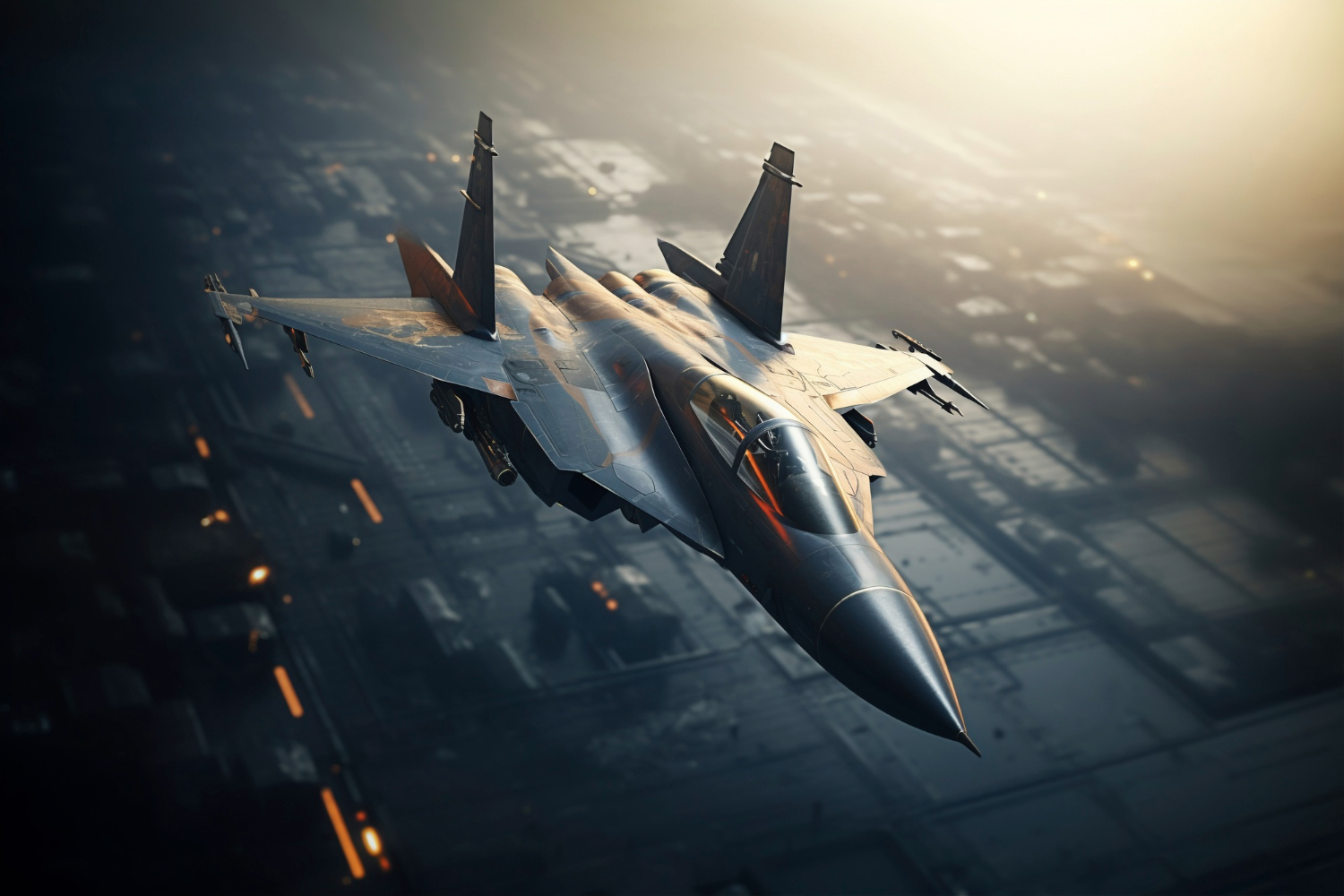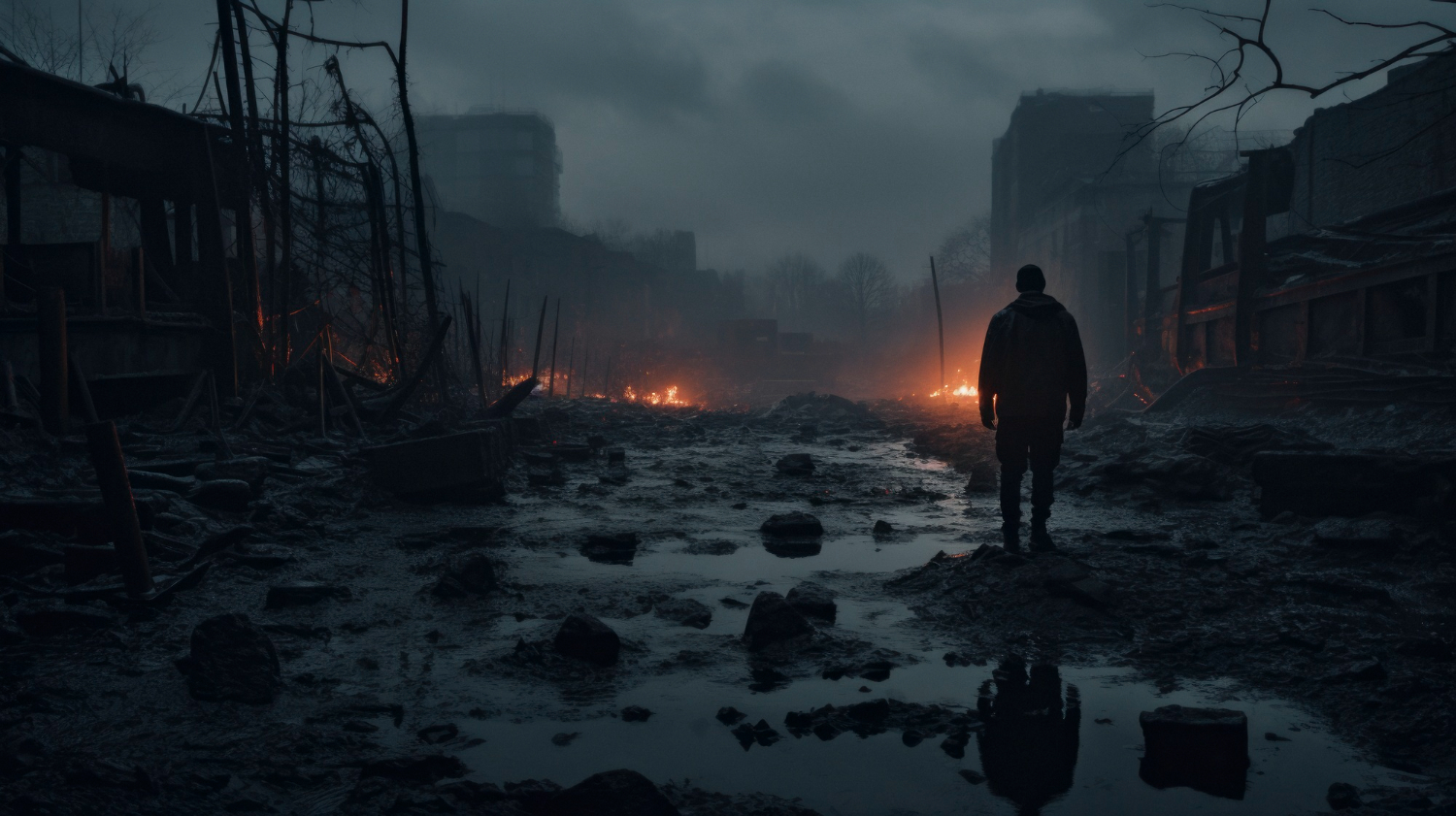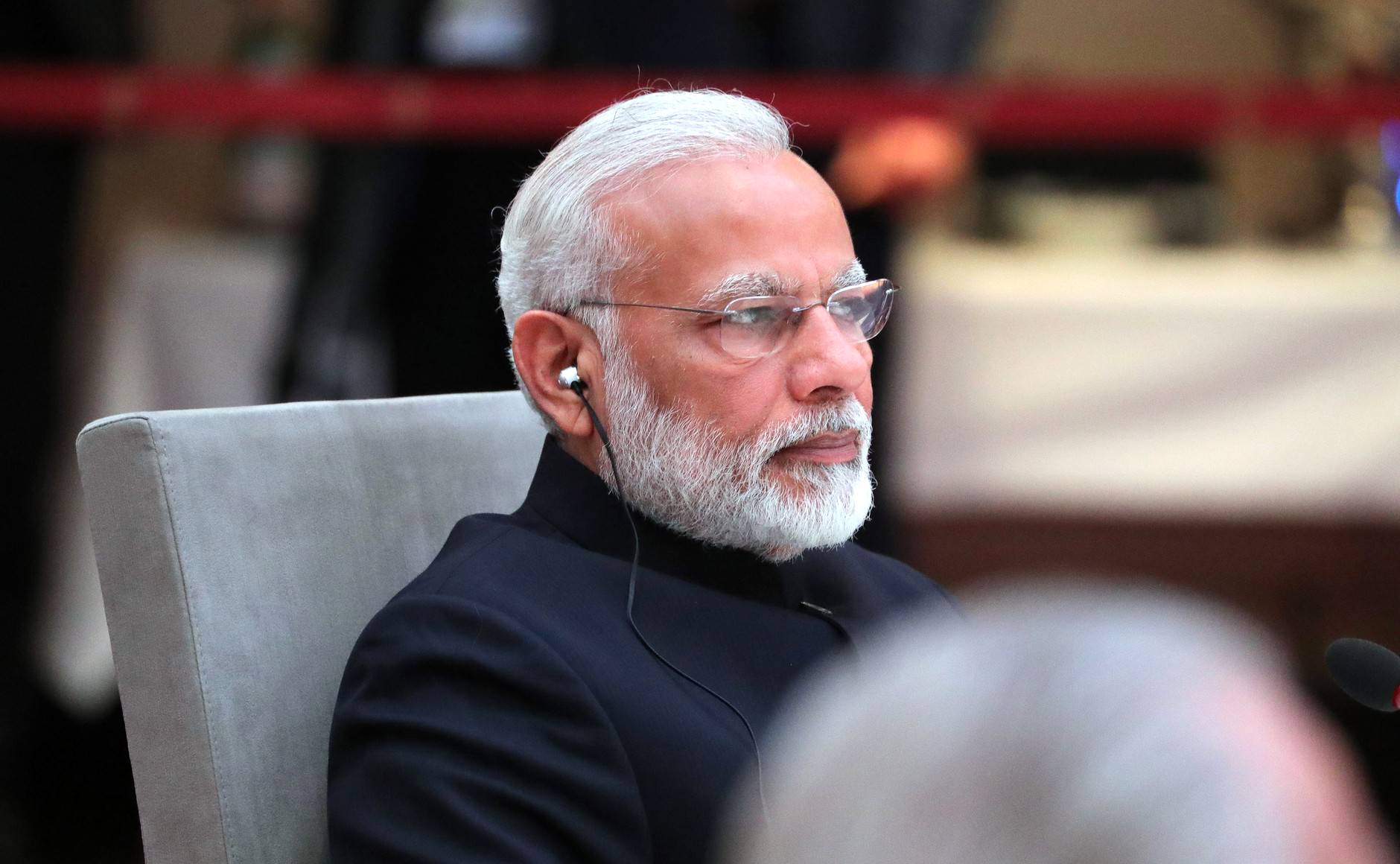Israel Strikes Iran: Israel launched Operation Rising Lion, targeting Iran’s nuclear sites. The strike killed several top Iranian officials and damaged key facilities. Israel says the attack was necessary to stop Iran from developing nuclear weapons.

Operation Rising Lion: Israel’s Surprise Attack Shakes Iran’s Nuclear Ambitions
Tensions have once again erupted in the Middle East. Late Thursday night, Israel launched a bold and deadly strike on Iran’s nuclear facilities, a military action code-named Operation Rising Lion.
The Israeli Defense Forces (IDF) confirmed the operation targeted multiple Iranian nuclear sites. According to reports, the attack led to the deaths of several top Iranian military leaders. Among them were Mohammad Bagheri, Iran’s Chief of Staff, and Hossein Salami, the commander of Iran’s powerful Revolutionary Guards.
Also killed were Ali Shamkhani, a close aide to Iran’s Supreme Leader Ayatollah Ali Khamenei, and Amir Ali Hajizadeh, the head of IRGC’s air force. These losses mark a severe blow to Iran’s military leadership.
Key Nuclear Sites Targeted
The primary goal of the operation was to cripple Iran’s nuclear development capabilities. The Israeli Air Force targeted nuclear facilities in Shiraz, Tabriz, and Natanz—a city known for housing Iran’s main uranium enrichment center.
Israel claims that six Iranian nuclear scientists were also killed in these precision airstrikes, and the Natanz site, crucial to Iran’s uranium enrichment efforts, has suffered heavy damage. Enriched uranium is a vital component for building nuclear bombs.
Israel’s Massive Air Assault
Israel’s multi-layered attack wasn’t just focused on nuclear infrastructure. Its defense forces were also prepared for any Iranian military retaliation. As the airstrikes hit Iran’s facilities, Israeli forces simultaneously destroyed Iran’s air defense systems and missile launchers using air-to-surface weapons.
Reports say over 330 precision-guided bombs, each weighing around 5,000 pounds, were used in the strikes. The Israeli version of the U.S. F-35 stealth fighter jet played a key role in the operation.
Mossad’s Secret Mission: 3 Years in the Making
Behind this high-impact mission was Mossad, Israel’s intelligence agency. The operation was reportedly three years in planning and executed in three phases. Mossad agents secretly built and stocked small explosive drones at a hidden facility inside Tehran.
These drones were strategically deployed near key Iranian air defense systems and missile bases. As Israeli fighter jets launched the attack, the pre-positioned drones took out Iran’s radar and missile launchers, clearing the way for precision airstrikes.
Iran’s Failed Response
In retaliation, Iran launched over 100 Shahed drones—cheap, suicide drones designed to crash into targets and explode. However, Israel’s air defense systems intercepted and destroyed all of them mid-air, rendering the counter-attack completely ineffective.
Why Did Israel Attack?
For years, Israel has warned that Iran is working toward building nuclear weapons that could pose an existential threat. Israeli Prime Minister Benjamin Netanyahu has repeatedly stated that his country will never allow Iran to become a nuclear power.
Speaking after the strike, Netanyahu said:
“For decades, Iran’s dictators have openly called for the destruction of Israel. They backed those genocidal threats by developing nuclear weapons. If we wait, there may not be a next generation. We must act now.”
The Israeli government views this mission not just as a military action, but as a necessity to prevent a nuclear future for Iran.
Global Reaction Divided
The global community is split in response to this dramatic escalation.
- Syria supported Iran’s right to defend itself and condemned Israel’s actions.
- Saudi Arabia and Egypt officially criticized the strikes, but reports suggest Saudi Arabia may have secretly cooperated with U.S.-Israeli defense efforts.
- Jordan called for restraint but is said to have helped Israel with air defense infrastructure.
- Russia condemned the attack, calling it a violation of international law and advised its citizens to avoid both Israel and Iran.
- India urged both nations to seek peaceful, diplomatic solutions, stating that war benefits no one.
- The United States clarified that it had no role in the attack. Secretary of State Marco Rubio said:
“Israel acted independently. Our priority is the safety of U.S. troops in the region.”
This military conflict has intensified the already fragile situation in the Middle East, dividing global powers and raising concerns of a broader regional war. While Israel celebrates the mission’s success, Iran mourns its losses and vows revenge, setting the stage for more uncertainty in the days ahead.
Also Read:
- Israel-Iran War: Top Iranian Nuclear Scientist Abbasi Killed by Israel in Strike
- Israel-Iran Conflict: Israel’s ‘Operation Rising Lion’ Hits Iran’s Air Defenses
- Laser Defense System: Israel’s New Weapon Can Destroy Enemies in Seconds
Author

Sahil V
Sahil V. is a passionate contributor at InsightIndia.in, specializing in world geopolitics and job-related updates. With a keen understanding of global affairs and employment trends, he delivers insightful articles that help readers stay informed and make smarter career decisions in a rapidly changing world.














